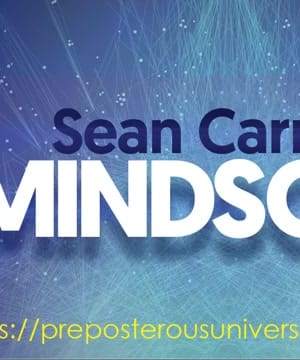Overconfidence cycle
Sources:
The concept of the overconfidence cycle is explored by several experts across different podcasts. Here are the insights derived from their discussions:
Adam Grant on "The Knowledge Project"
Adam Grant explains that overconfidence cycles often start with pride in our knowledge. This leads to confirmation bias, where we seek information confirming our beliefs, and desirability bias, where we search for information supporting what we wish to be true. This self-reinforcement makes us prouder of our beliefs and less open to rethinking. In contrast, a "rethinking cycle" begins with intellectual humility, acknowledging what we don't know, which opens our minds to new discoveries 1.
Quassim Cassam on "Mindscape"
Quassim Cassam uses the 2003 Iraq War as an example of the disastrous consequences of overconfidence and intellectual arrogance. He points out that the overconfidence of the Bush administration, displaying a belief that they knew best without listening to military planners, led to a poorly prepared and ultimately disastrous military operation 2.
Mel Robbins on "The Mel Robbins Podcast"
Mel Robbins highlights the everyday impact of overconfidence, which she describes as false confidence. This overconfidence effect blinds us to reality, leading us to make poor decisions, whether in personal relationships, work, or even mundane tasks like cleaning a closet within an unrealistic time frame 3.
Daniel Kahneman on "On Being with Krista Tippett"
Daniel Kahneman discusses the endemic nature of overconfidence in society. He notes that overconfidence is linked to a lack of imagination and can lead to failures in various fields. However, overconfident optimism also drives entrepreneurial efforts and is often rewarded in leaders. Society's preference for confident leaders can lead to a disconnect between confidence and actual competence 4.
These experts agree that while overconfidence can drive certain successes, it often leads to significant failures due to a lack of realistic assessment and openness to new information.
RELATED QUESTIONS


